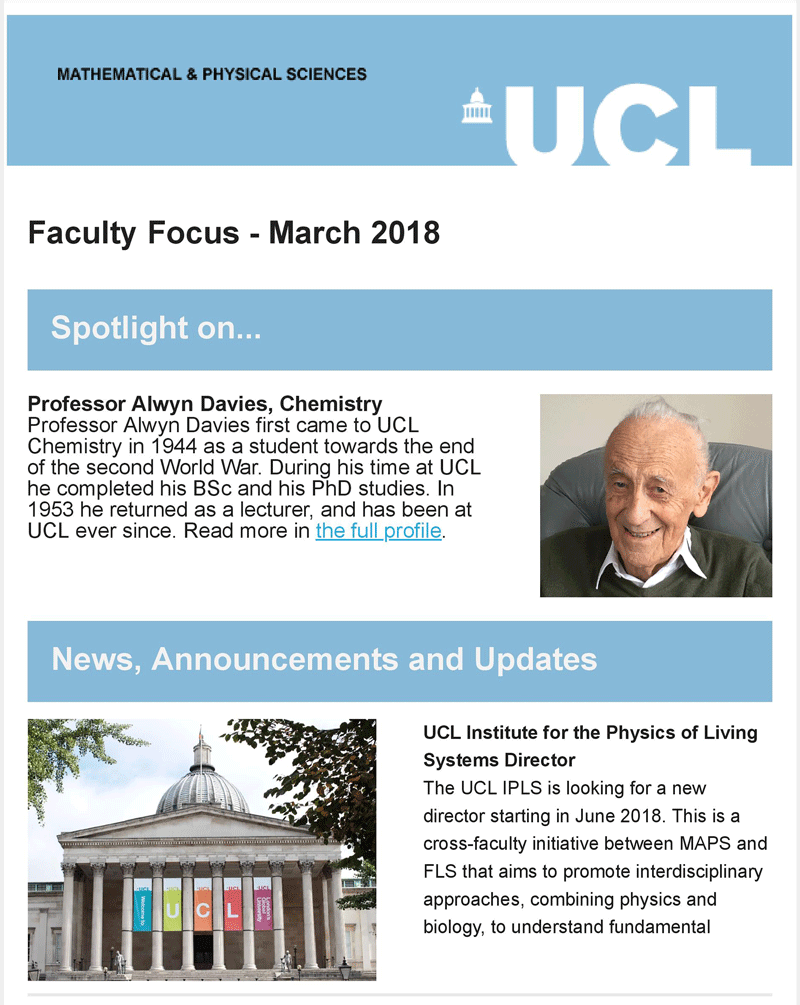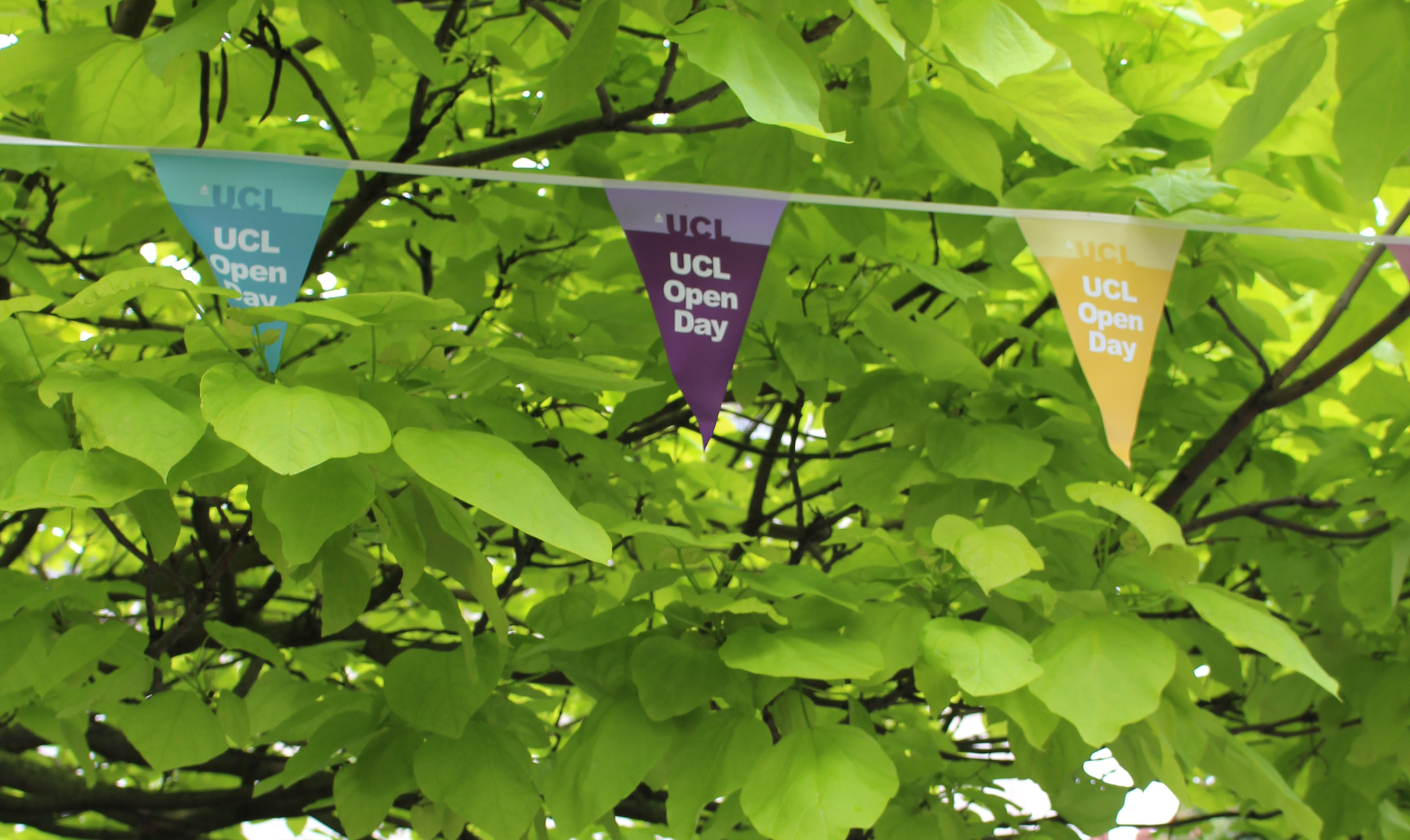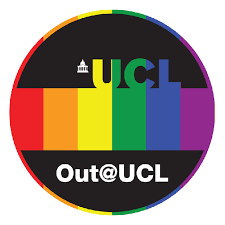Before you contact us, it can be useful to think a little about what you are hoping to achieve, and how. This can help us identify how your research can best be presented. Here are some things you might want to consider:
Who are your intended audiences?
The public? Journalists? Prospective students? Specialist media? Enthusiasts? The UCL community? Try to think a little about who might be interested, as this will dictate the best channels for getting your message out, such as trying to get newspaper coverage, or coverage in UCL newsletters, or a video on YouTube.
Can your work be described as ‘news’?
Generally it is easier to get coverage for something current, such as a new paper, or an anniversary, or research which is closely related to a news event. It’s OK if it’s slightly contrived! If it's not, but your work is topical or interesting, don't panic - there are still ways of getting your message out, even though it probably won't make the headlines. The Science at UCL blog is one example of this.
What are your selling points?
Think about selling points – short, sharp reasons why a lay person might be interested. Is your result totally new or unexpected? Does it contradict previous studies? Is it directly relevant to people’s jobs or lives? Could it have practical applications in the future? Does it have deep philosophical relevance? These selling points can also be more shallow – are there nice pictures, or a quirky fact associated with it?
Think about images.
Stories are more likely to be read, shared or covered by the media if they have attractive visuals, particularly if you are willing to make your images freely reproducible (this cannot be emphasised enough). A nice image can be enough to get coverage in newspapers, even if there is no major news story associated with it.
Do you want to communicate research to the public or do you want to engage with them?
A press release in which you communicate your work to the public is all very well, but think of this in terms of dialogue rather than monologue. Are you willing to answer questions? Interact with the public or journalists? Engage with their concerns? Indeed, have you thought about why the public should be interested? These questions are often quite difficult, particularly if you work in a controversial area such as climate science, genetics or animal testing.
You don’t need answers to all of these points – we are here to help you with them. But do try to give them some thought before we meet.
 Close
Close





